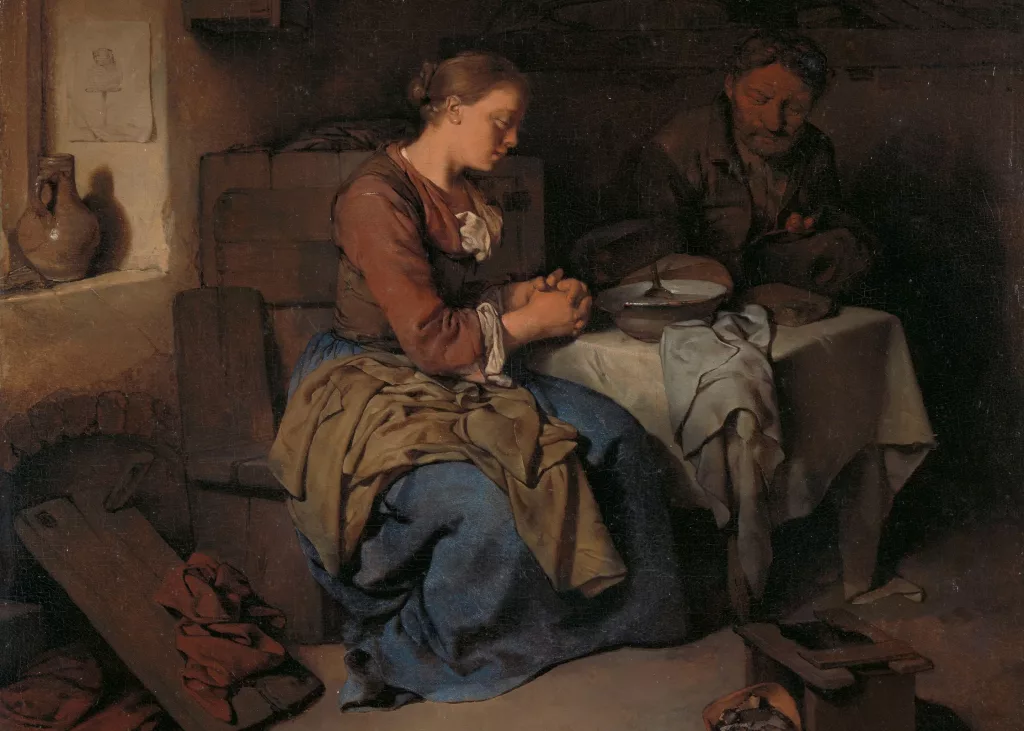
John Calvin, commenting on the women who followed Christ from city to city. What is remarkable about this is that he does not censure them for doing so.
John Calvin, commenting on the women who followed Christ from city to city. What is remarkable about this is that he does not censure them for doing so.
What I have here introduced from Luke belongs, perhaps, to another time; but I saw no necessity for separating what he has placed in immediate connection. First, he says that the twelve apostles preached the kingdom of God along with Christ; from which we infer that, though the ordinary office of teaching had not yet been committed to them, they constantly attended as heralds to procure an audience for their Master; and, therefore, though they held an inferior rank, they are said to have been Christ’s assistants. Next, he adds, that among those who accompanied Christ were certain women, who had been cured of evil spirits and diseases, such as Mary Magdalene, who had been tormented by seven devils. To be associated with such persons might be thought dishonourable; for what could be more unworthy of the Son of God than to lead about with him women who were marked with infamy? But this enables us more clearly to perceive that the crimes with which we were loaded before we believed, are so far from diminishing the glory of Christ, that they tend rather to raise it to a higher pitch. And, certainly, it is not said, that the Church which he elected was found by him to be without spot and blemish, but that he cleansed it with his blood, and made it pure and fair.
The wretched and disgraceful condition of those women, now that they had been delivered from it, redounded greatly to the glory of Christ, by holding out public manifestations of his power and grace. At the same time, Luke applauds their gratitude in following their Deliverer, and disregarding the ridicule of the world. Beyond all question, they were pointed at with the finger on every side, and the presence of Christ served for a platform to exhibit them; but they do not refuse to have their own shame made generally known, provided that the grace of Christ be not concealed. On the contrary, they willingly endure to be humbled, in order to become a mirror, by which he may be illustriously displayed.
Man’s chief and highest end is to glorify God, and fully to enjoy him forever.